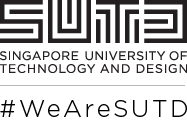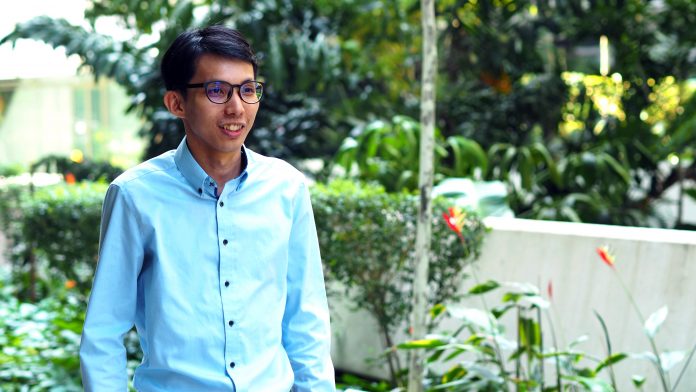Meet Dr Desmond Loke, SUTD’s Assistant Professor of Science Cluster. Desmond obtained his BA in Electrical Engineering from National University of Singapore (NUS) in 2008. He further pursued his PhD at Department of Electrical and Computer Engineering in NUS and Department of Chemistry in University of Cambridge between 2008 and 2012.
At NUS and Cambridge, he has pioneered the control of crystallization kinetics of a phase-change material by pre-organizing atoms using a weak electric field, which has allowed the phase-change memory to achieve sub-nanosecond write speeds.
In 2013, Desmond was awarded a postdoctoral fellowship from Singapore University of Technology and Design and Massachusetts Institute of Technology to start his independent research. Loke attended the Harvard University as a researcher in 2014. His research is aimed at understanding the origin of behaviours of novel materials, and by using these effects, design and enable advanced memory and reconfigurable devices for next generation computing technologies.
Desmond has won many awards and achievements throughout his career. One of the notable achievements was being the first researcher from SUTD to receive the prestigious MIT Technology Review Innovators under 35 (TR35) international awards under the Inventor category.
We recently sat down with Desmond with quick chat about himself and his works.
What is your current research project?
The topic of our research is “Bio-Nanoelectronics For Next-Generation Big Data Systems.” A wide range of projects are being carried out, such as artificial neural networks (ANN), invisibility cloak, nonvolatile memory (NVM), and other projects. The goal is to make Big Data more usable for everyone.
Why did you choose this profession/field?
I may be considered a scientist. I have chosen this field because of the thrill of making new discoveries. Surprises happen all the time, and this keeps us going to the lab.
What do you think is an important trait to have in order to have a successful career?
What does an average day look like for you?
A typical day involves overseeing lab experiments, leading lab meetings, and other activities to develop and to improve both new and existing materials, and devices. An average day may also include instructing cohort classes, reviewing PhD theses, and so on.
Do you have any hidden talent/ “dark secret” to share with us? What are your hobbies outside academia?
I guess being able to paint counts as my hidden talent? I have several hobbies but an active hobby that I enjoy is running. Reading up on history is another.






























